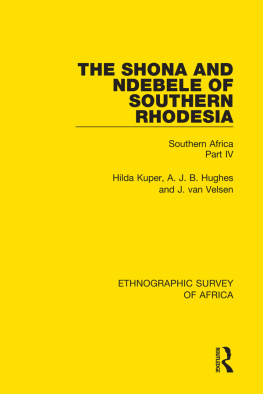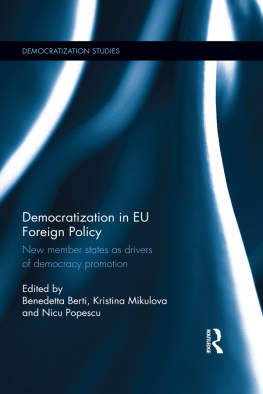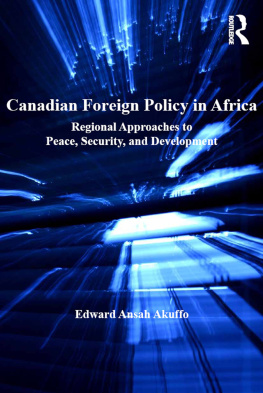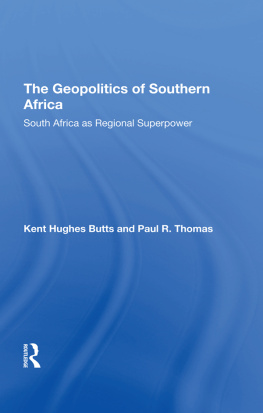Conclusion
The Adelphi Papers
Volume 46, Issue 387, 2007
Special Issue: Developing the Mekong
DOI: 10.1080/05679320701423866
Evelyn Goh
pages 55-59
Available online: 18 May 2007
Abstract
In Southeast Asia, China's growing economic and political strength has been accompanied by adept diplomacy and active promotion of regional cooperation, institutions and integration. Southeast Asian states and China engage in strategic regionalism: they seek regional membership for regime legitimation and collective bargaining; and regional integration to enhance economic development, regarded as essential for ensuring national and regime security. Sino-Southeast Asian regionalism is exemplified by the development plans for the Mekong River basin, where ambitious projects for building regional infrastructural linkages and trade contribute to mediating the security concerns of the Mekong countries. However, Mekong regionalism also generates new insecurities. Developing the resources of the Mekong has led to serious challenges in terms of governance, distribution and economic externalities. Resource-allocation and exploitation conflicts occur most obviously within the realm of water projects, especially hydropower development programmes. While such disputes are not likely to erupt into armed conflict because of the power asymmetry between China and the lower Mekong states, they exacerbate Southeast Asian concerns about China's rise and undermine Chinese rhetoric about peaceful development. But the negative security consequences of developing the Mekong are also due to the shared economic imperative, and the Southeast Asian states' own difficulties with collective action due to existing intramural conflicts.
Security considerations have played a critical role in the development of economic regionalism in the Mekong basin. The end of the Indochina conflicts and moves towards regional reconciliation in mainland Southeast Asia in the late 1980s and early 1990s coincided with concerns about the resurgent power of China. As a result, states in the region sought deeper political and economic engagement and economic integration. This led to an increasingly complex web of infrastructural, trading and energy links in the Mekong basin. At the same time, however, these steps towards economic regionalism are generating new sources of insecurity. Ambitious hydropower and regional electrification projects on the upper reaches of the Mekong will have potentially serious ecological, economic and human impacts downstream, with implications for political and strategic relations between the riparian countries. Thus, the benefits of regional integration remain uncertain.
Developments in the Mekong are also an important test case of China's willingness to accommodate and reassure its weaker neighbours as to the non-threatening and mutually beneficial character of its ascendance. To date, China has used attractive rhetoric about mutually beneficial development, and has invested substantially in promoting regional links that benefit itself and others. However, Beijing has been unwilling to commit itself to the existing Mekong sustainable development regime, which would oblige it to participate in basin-wide development planning, and would bind it to stricter social and environmental regulations. Therefore, the extent of China's benevolence towards the Southeast Asian Mekong states also remains uncertain.
All of the Southeast Asian riparian states seek to enmesh China in economic regionalisation as the most effective (and perhaps the only) tool they have to manage the consequences of its ascendance. As a result, the likelihood of outright military conflict between Southeast Asia and China arising from developments on the Mekong is low. The negative ecological, economic and human impacts of development plans on the Mekong are not merely the result of China exercising its significantly greater power or exploiting its predominant geographical position; they stem also from the inability of the Southeast Asian riparian states to align their interests and coordinate their actions, and their reluctance to challenge the developmental imperative. Developmentalism in turn generates regional security problems associated with resource exploitation and lack of governance over water allocation and sustainable development, exacerbating existing security fears connected with China's preponderance. Because of this, it is not sufficient to approach the Mekong case purely from the perspective of China's intentions and attitudes towards its weaker neighbours; a key consideration in evaluating the impact of China's rise on its neighbours must be whether those neighbours are able to coordinate action among themselves and address their own disagreements with each other.
Within the Mekong context, one obvious possibility in terms of coordinated leverage is for the lower riparian states to offer their cooperation in developing regional economic links (the blasting of shipping channels, for instance, or permission for power-transmission cables or roads to be laid across their territory) in exchange for Chinese information about water-development schemes on the Lancang, and Chinese adherence to requirements for downstream social and environmental impact assessments. However, this would require a degree of coordination among the Southeast Asian Mekong states that may be unrealistic. It would also require these states to subject themselves to similar constraints on their own development schemes; this also may be asking too much. The diversity of ASEAN states, and the propensity for division among them, makes developing a common position extremely difficult. This is a problem for ASEAN's relations with China, not just over the Mekong, but also more broadly, as the case of negotiations over a code of conduct governing territorial disputes in the South China Sea in 20002002 demonstrated. The talks became bogged down, not because of Chinese intransigence, but because of disagreement between Vietnam and the Philippines on the extent to which the code should cover their territorial disputes. At the same time, ASEAN finds it difficult to construct regional norms and rules that go beyond confidence-building to embrace conflict mediation or prevention.
Assessing the consequences of China's rise also entails understanding issues that fall outside traditional conceptions of security. Analysts of international affairs have paid more attention to expanding notions of security in the last two decades, This has enabled more consultation and coordination with China's neighbours, and limited participation in regional institutions governing Mekong development. This in turn has produced some results in terms of cooperation on key socio-environmental issues, and there is a basis for further developing regional cooperation.
The second notion of security is economic. There are two basic ways in which economic security needs to be considered in the Mekong region. The first is through understanding that mutually beneficial development includes the obligation to minimise the economic externalities that development inflicts on other riparians. The second is by relating ecological protection programmes much more closely to regional development projects, such as those covered under the GMS. This includes enforcing high standards of environmental impact assessment, conducted by professional and neutral bodies, and instituting cross-boundary and local consultations on socio-environmental impacts. At the same time, the relationship between sustainable economic growth and ecological protection must be acknowledged and understood. As regional economic relations deepen, it will become increasingly clear, both to China and to China's Southeast Asian neighbours, that serious environmental and human security problems in one country can jeopardise the economic growth of the whole region, for instance by keeping away investors worried about the high costs of political instability. Greater awareness of the interdependences between the Mekong states may provide a powerful incentive for these states to cooperate in addressing potential economic difficulties arising from ecological crises. The question is how quickly these countries accept that economic and ecological sustainability are related. Judging by the fact that more developed countries have themselves taken decades to adopt principles of sustainable development, which have not generally been applied in their activities in developing regions, the outlook for the Mekong region is bleak.









